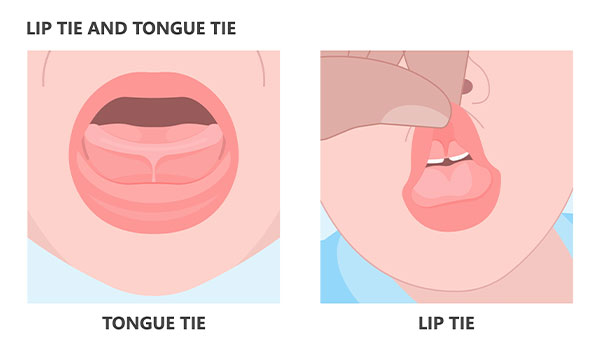What Are Tethered Oral Tissues?
All infants are born with soft tissues, called frena, under their tongue, upper lip, and in their cheeks. The soft tissue of the frenum is composed of a type of collagen that does not stretch over one’s lifetime. When these tissues cause difficulty for an infant with breastfeeding or cause a child to have speech or feeding issues, they are called tethered oral tissues. These tissues are further categorized into tongue ties, lip ties, or buccal ties depending on the location of the tissue. If the symptoms are not treated in infancy, sometimes the adverse effects of tethered oral tissues will impact an individual from infancy through adulthood.



